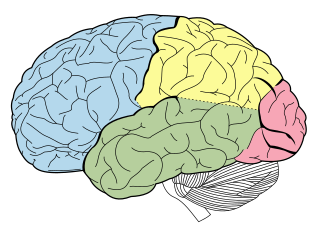A Quote by Stephen LaBerge
Our brain simulates reality. So, our everyday experiences are a form of dreaming, which is to say, they are mental models, simulations, not the things they appear to be.
Related Quotes
When we are fully conscious and aware, we actually know when we are about to overreact. When we are mindful, we have the mental space and are aware of when our moods change. When we are mindful, we are aware of when our mental models are being challenged and when expectation does not meet with reality, which can trigger an emotional response.
To say that a thing is imaginary is not to dispose of it in the realm of mind, for the imagination, or the image making faculty, is a very important part of our mental functioning. An image formed by the imagination is a reality from the point of view of psychology; it is quite true that it has no physical existence, but are we going to limit reality to that which is material? We shall be far out of our reckoning if we do, for mental images are potent things, and although they do not actually exist on the physical plane, they influence it far more than most people suspect.
But if the brain is not like a computer, then what is it like? What kind of model can we form in regard to its functioning? I believe there's only one answer to that question, and perhaps it will disturb you: there is no model of the brain, nor will there ever be. That's because the brain, as the constructor of all models, transcends all models. The brain's uniqueness stems from the fact that nowhere in the known universe is there anything even remotely resembling it.
BRAIN, n. An apparatus with which we think that we think. That which distinguishes the man who is content to be something from the man who wishes to do something. A man of great wealth, or one who has been pitchforked into high station, has commonly such a headful of brain that his neighbors cannot keep their hats on. In our civilization, and under our republican form of government, brain is so highly honored that it is rewarded by exemption from the cares of office.
We have allowed brain thinking to develop and dominate our lives.
As a consequence, we are at war within ourselves.
The brain desiring things which the body does not want, and the body desiring things which the brain does not allow; the brain giving directions which the body will not follow, and the body giving impulses which the brain cannot

































